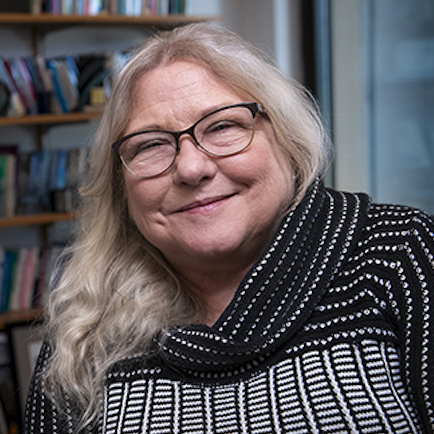CMU creates center to fight disinformation online
Carnegie Mellon announced on July 22nd that it has created a new research center to study online disinformation funded by a six-year, $5 million investment from the John S. and James L. Knight Foundation.
The Center for Informed Democracy and Social Cybersecurity (IDeaS) will study how disinformation is spread through online channels, such as social media, and address how to counter its effects to preserve and build an informed citizenry.
Director of IDeaS, Carnegie Mellon University professor Kathleen Carley, said, “We want to be able to bring together policy perspectives, education perspectives, technological perspectives, to provide a more integrated approach to understanding, making sense of and countering the spread of disinformation.”
Douglas Sicker, professor in the department of Engineering and Public Policy at CMU's College of Engineering, and David Danks, head of Philosophy in the Dietrich College of Humanities and Social Sciences, will serve as co-directors.
IDeaS has three primary objectives: to expand the body of research across a spectrum of topics, to build an interconnected community among the more than 2,000 people working in the field, and to educate journalists and policymakers. Research will focus on how to better recognize disinformation online, how to find who spreads it, how to inoculate groups against it and how to counter it.
The six-year investment will provide funding for Knight Fellows — graduate students who will deepen their research in related areas. It also will sponsor an annual conference of scientists, practitioners, journalists and policymakers to discuss research and public policy. The investment is part of a broader Knight Foundation initiative that is investing nearly $50 million for research around technology's impact on democracy. The program will provide cross-disciplinary funding to 11 universities and other research and advocacy organizations.
The Center is set to begin work this fall and the first cohort of graduate students will be continuing research projects they have already started in addition to new ones produced by the Center.
